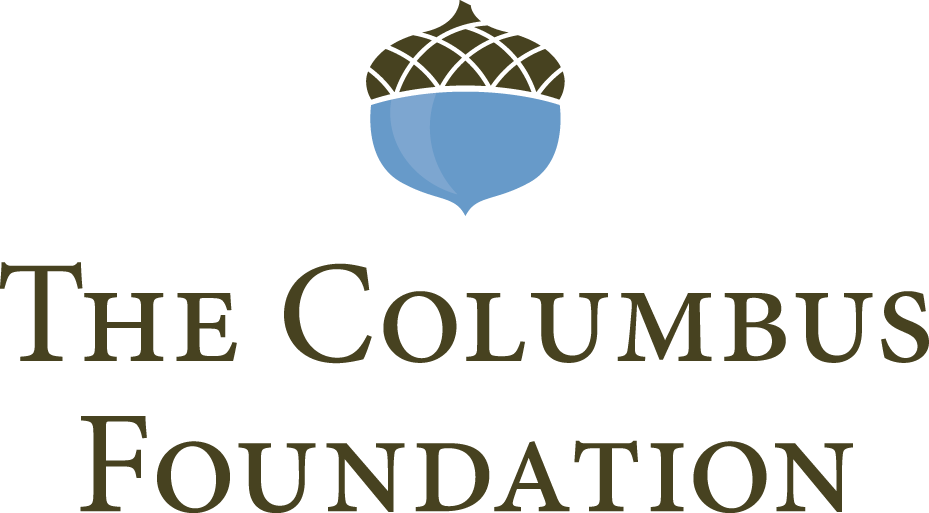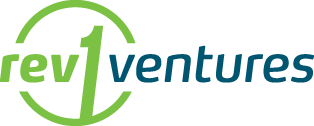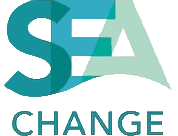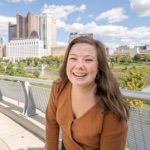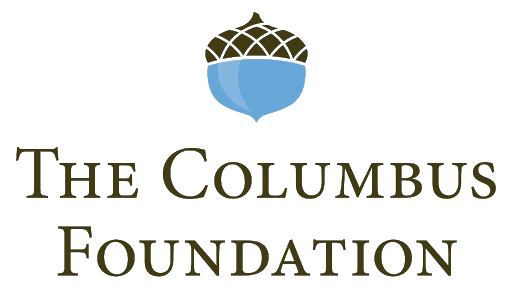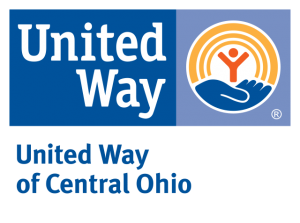
Columbus
October 1-7, 2021
Online
Overview
Schedule
Friday - October 1st
- 6:00pm
- Zoom Opens
- 7:00pm
- Pitches Start
- 9:00pm
- Closing Time
Saturday - October 2nd
- 11:00am
- Empathy Workshop
- 5:00pm
- Problem Validation, Mentoring and Community Updates
Sunday - October 3rd
- 11:00am
- Prototyping Workshop
- 5:00pm
- Prototype Validation
Wednesday - October 6th
- 6:00pm
- Pitch Practice with Mentors (sign up for a time slot)
Thursday - October 7th
- 6:00pm
- Final Pitches Due!
Thursday - October 14th
- TBD
- Final Pitch Event + Funding Announcement
Judges
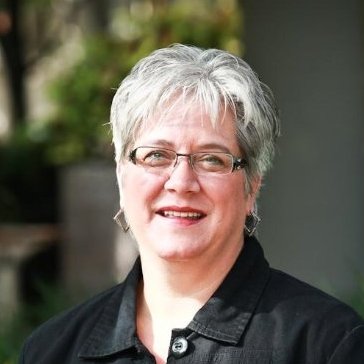
Emily Savors
Director of Grants Management, The Columbus Foundation
Since 1991, Emily has assisted the Foundation in carrying out its services to donors and supporting organizations, nonprofit organizations, and the community at-large. She has served as a catalyst in addressing community needs by researching, reviewing, and spearheading projects for funding consideration, and developing funding partnerships for special initiatives. Prior to joining the Foundation, ... Read More »
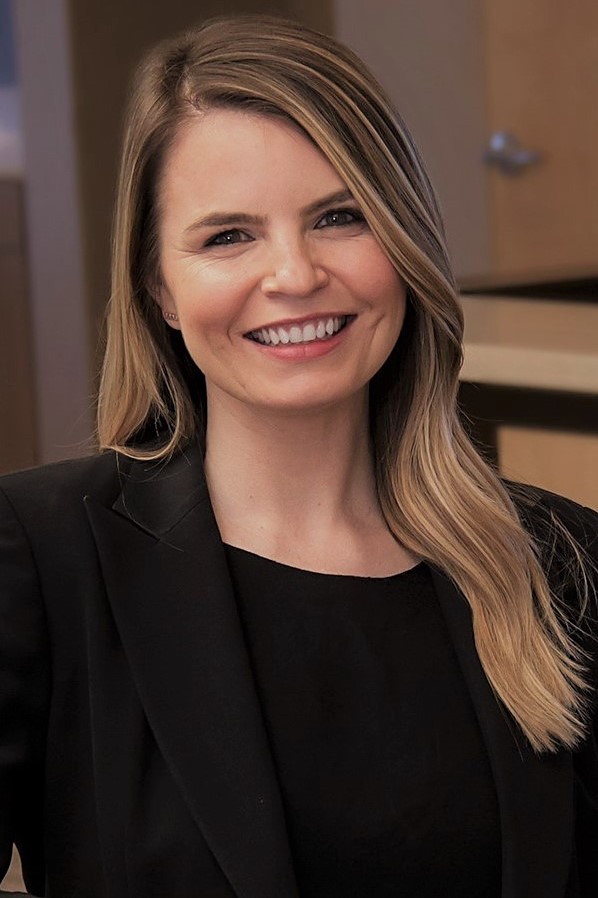
Jen Bowden
Director of Social Impact, IGS
Jen Bowden is the Director of Social Impact for the IGS Family of Companies, where she works to carry forward the company’s purpose of building a meaningful energy future together. In this role, she’s responsible for investments into the communities where IGS does business including philanthropic investments, volunteerism, sustainability and diversity, equity and inclusion. Additionally, she has ... Read More »
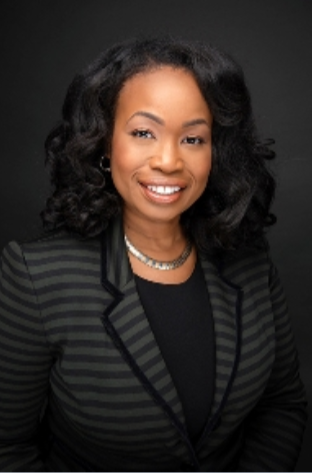
Shayla D. Favor
Councilmember, Columbus City Council
Councilmember Shayla D. Favor was appointed to fill the unexpired term of newly elected Franklin County Court of Common Pleas, Judge Jaiza Page on January 14, 2019. Prior to joining Council, Favor served as an Assistant City Attorney in Columbus City Attorney Zach Klein’s office. As a Zone Attorney, Favor had the opportunity to litigate high-profile environmental lawsuits, advise administrative ... Read More »
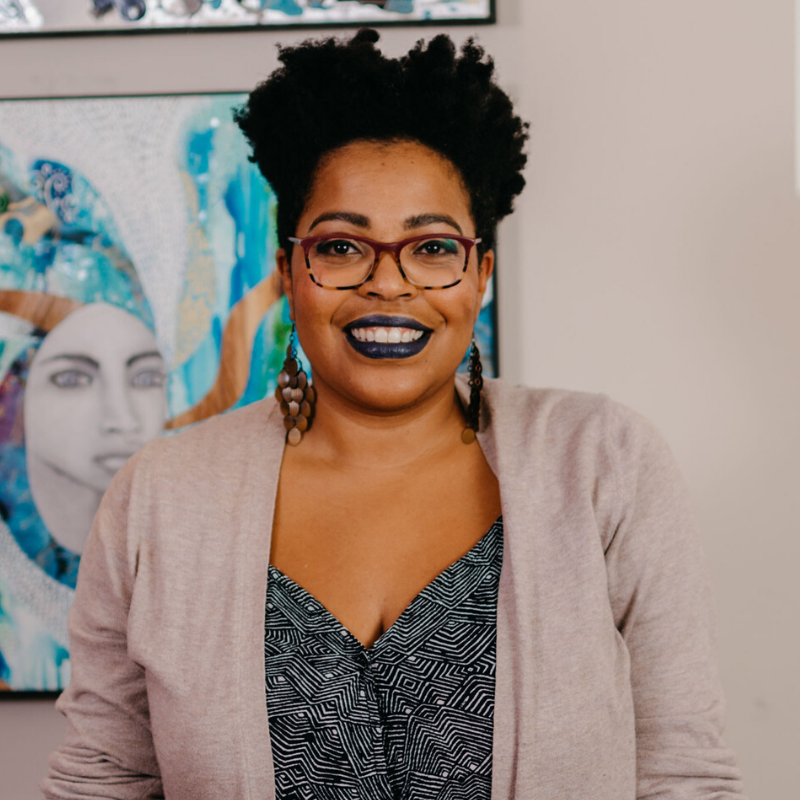
LC Johnson
Founder of Zora's House
LC Johnson is an award-winning writer, entrepreneur, and activist with a passion for empowering women, especially women of color. A dynamic, creative, and committed social justice professional with a well-established entrepreneurial spirit, LC has 10+ years of experience with curriculum development and facilitation, program design, entrepreneurship, public speaking, and community building. LC is ... Read More »
Mentors
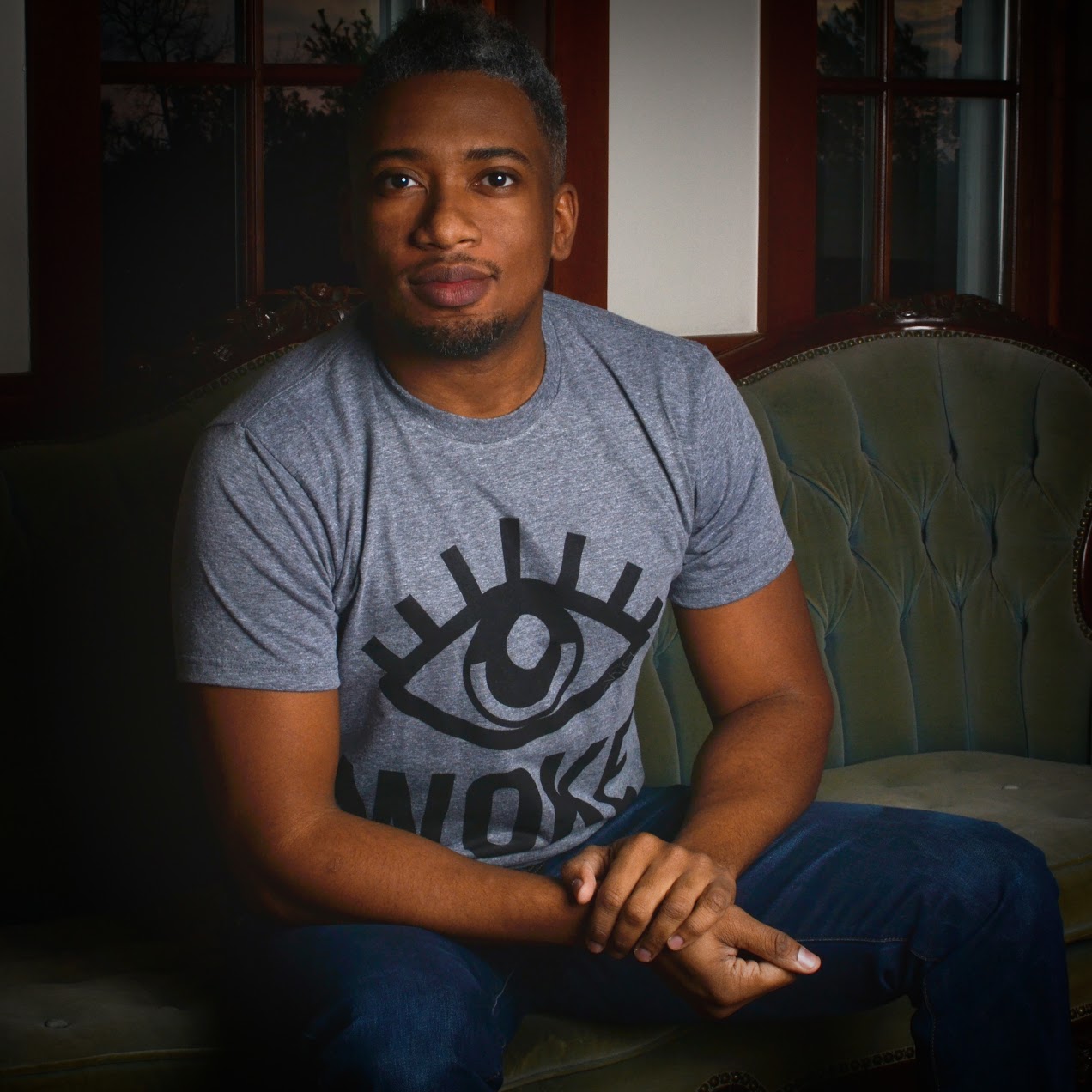
Jay Bobo
Developer at CoverMyMeds
Jay Bobo is a software developer and serial entrepreneur. He is the creator of Cards For All People, a cultural casual gaming company, principal of Good Produce, a digital solutions consultancy firm and founding mentor of Pair Columbus. He has spoken at SXSW Interactive and worked with a host of companies including SapientNitro, Microsoft (MSN), Nike, State Farm and Scion/Toyota among others. His ... Read More »
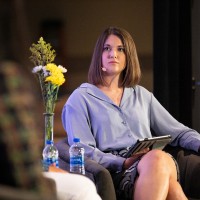
Rehgan Avon
Co-Founder & CEO, Ikonos Analytics
Rehgan is passionate about building analytical technology and communities, and is an advocate for diversity in leadership and analytics. As Founder and CEO of Women in Analytics, Rehgan has a mission to increase visibility to the women making an impact in the analytics space and provide a platform for women to lead the conversations around the advancements of analytical research, development, and ... Read More »
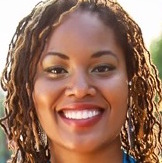
Mariah Beidleman
Community Housing Network
Mariah Beidleman is a seasoned public relations practitioner, writer, editor and graphic designer. In addition to serving as a communication specialist for a nonprofit, Community Housing Network, Mariah assists small- to mid-size companies with their business development, client outreach and B2B communication needs and is a Communication instructor at Ohio Christian University. Mariah earned a BS in ... Read More »
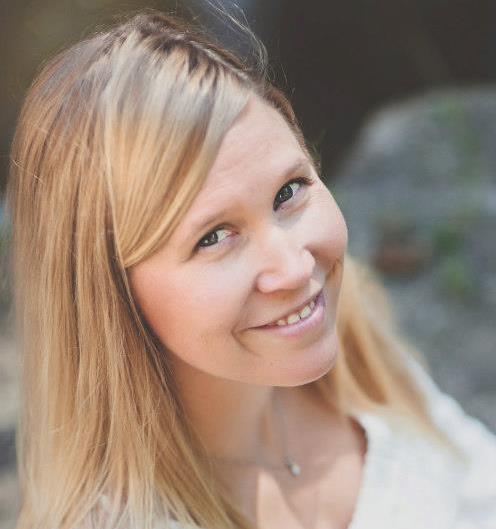
Lauren Edwards
Owner, Next Step Business Consulting
Working to Alleviate Poverty by using our skills to help you achieve your Vision. From start to finish, any project can use an expert at the wheel. Lauren brings years of experience leading teams to success, doing everything from individual project design, creating and implementing overall business plans, to full logistics overhauls. Having spent much of her career in the business and non-profit ... Read More »

Derek DeHart
Lead Product Manager, Alignable
Derek DeHart has over a decade of experience in tech, with a focus on product management in growth-stage startups. He's passionate about how technology can make a real difference in people's lives and communities. Currently, Derek is helping to boost product adoption and engagement at Alignable, a platform that connects small business owners, by improving the user experience with generative AI. Before ... Read More »
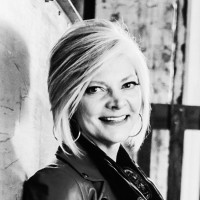
Vicki Bowen Hewes
Chief Executive Officer, SocialVentures
Vicki is an inspired corporate and nonprofit leader. Founder and CEO of Dress for Success Columbus, she has had a huge impact on our community. She also founded Fashion Forward Online and is the President and Owner of Life Leadership Legacy, helping businesses and nonprofits. Vicki believes in living and leading with purpose and intention. Her interests include advocacy for the underserved and ... Read More »
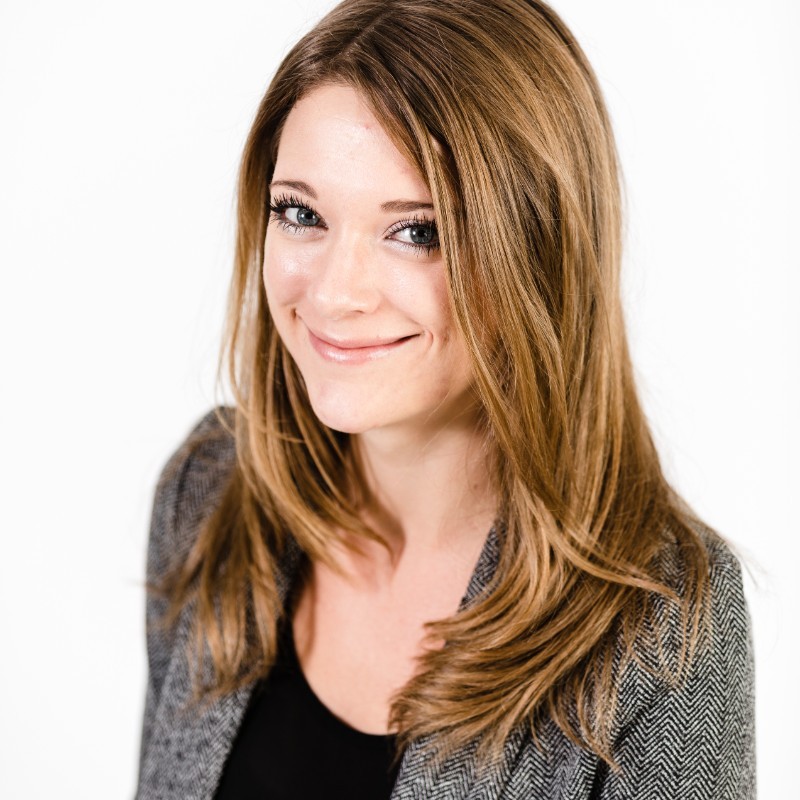
Suzy Bureau
Founder, GiveBackHack
The ebullient Suzy Bureau (as she was referred to in TechCrunch) is dedicated to building impactful communities & products. Suzy is the Founder of GiveBackHack, an organization that helps bridge the gap between tech & social impact communities through the integration of Lean Startup/Design Thinking. GiveBackHack comes to life via a volunteer-based team of 50+ and has helped vet over 100 social ... Read More »
Event Sponsors
Lead Sustaining Sponsor
IGS is driven by a set of core beliefs that moves us toward an energy-independent United States, powered by domestically-produced, environmentally-responsible resources. And just as IGS seeks disruptive innovations in the energy space, they take a similar approach to their community investments. For this reason, the company has made social enterprise a primary focus of their philanthropy. IGS is proud to partner with GiveBackHack to invest in entrepreneurial solutions to complex social issues – improving lives by harnessing market forces to get innovations to the people who benefit the most.
Facilitators
Emily is a Design Thinking practitioner by day and a Social Innovation enthusiast by night. She spends her time building the social impact launchpad at GiveBackHack, coaching social entrepreneurs, and empowering communities through Design Thinking facilitation. She is passionate about leveraging systems thinking to build sustainable social solutions, creating true social impact in our communities. Previously ... Read More »
Organizers
Rachyl founded @greatercolumbusconsulting from her passion for helping small local businesses succeed. Rachyl is a lifelong Buckeye, with a degree from The Ohio State University, and 20 years of business experience in central Ohio. She has assisted executive teams in securing over $65M in funding, as well as helping businesses of all sizes create strategic goals that are realistic based on their past ... Read More »
Adam is the Community Impact Lead for GiveBackHack, where he oversees community events and programs that empower social entrepreneurs. A co-founder of Wild Tiger Tees, Adam brings his extensive experience in technology and social innovation to his role, guiding teams to create impactful solutions for social issues. He also hosts two podcasts, People Helping People and Green Champions, which focus on ... Read More »
Max is a Software Engineer living in Columbus. He is thrilled by watching people drive to make great ideas a reality, especially when they are focused around compassion and community. He loves the outdoors and music.
Grant loves applying his skills to create a positive impact in the Columbus community. He is inspired by the ideas brought forth at GiveBackHack, and hopes he can help bring them to fruition! In his spare time, he enjoys music, watches sports (especially Ohio State football), goes bike riding, and plays soccer.
Ann's passion lies in being an ambassador for social entrepreneurship. She supports and promotes social enterprises and startups with a focus on creating an impact within the Columbus area. She is a board member at Roosevelt Coffeehouse and is also involved in several volunteer projects within her local community. She is a proud wife and mom of 3.
Kate is passionate about using research to validate and focus a product idea, especially in its early stages. When not helping with GiveBackHack or working as an Account Specialist at CoverMyMeds, Kate likes to read, go hiking, listen to music or explore new areas.
Emily is a Design Thinking practitioner by day and a Social Innovation enthusiast by night. She spends her time building the social impact launchpad at GiveBackHack, coaching social entrepreneurs, and empowering communities through Design Thinking facilitation. She is passionate about leveraging systems thinking to build sustainable social solutions, creating true social impact in our communities. Previously ... Read More »
Bennett is a passionate member of the Columbus Social Enterprise Community. He currently works in operations as a Venture For America Fellow at Peerro. A three-time Give Back Hack participant, this is the year that he brings those experiences to the organizing team! Bennett is constantly enthusiastic about service and the arts. His mission is to find creative ways to do good and support the community. ... Read More »
Chase is a Senior Associate at LOUD Capital, responsible for directing and managing the bulk of the company’s operational and project management activity. He ensures that effective operational processes are implemented across each of LOUD’s lines of business and is always seeking ways to enhance internal efficiency and improve overall performance. In the past, Chase was a Project Manager for the ... Read More »
Pre-submitted Ideas
-
1. MagPower Literacy Market submitted by John Mennell
MagPower Literacy MarketSubmitted by John Mennell
What is the problem are you solving?
Promoting literacy to alleviate poverty by rescuing, recycling, and reusing millions of magazines that would be landfilled to get reading materials into the hands and homes of at-risk readers with zero books.
How will this idea solve the problem?
Illiteracy is a root cause of hunger and poverty. Matching magazine readers who are passionate about reading and sharing magazines around their enthusiasms with kindred at-risk readers can change lives for good, replacing a viscous poverty cycle with a virtuous literacy engine. Developing a functioning marketplace with encourage even more recycling of expired, but precious magazines by consumers, retailers, and publishers.
Is this idea brand new or has it been partially-vetted?
Partially-vetted
How you have vetted your idea and the success or difficulties you have seen thus far?
We have tested receiving recycled magazines from consumers and taking orders from literacy programs, and making deliveries. Our UX is cumbersome and we have many manual process and data flows that create friction. We have not been able to create a multi-location framework, which is imperative for a grassroots capability, coast to coast, and globally.
Why are YOU uniquely positioned to solve the problem? What other people do you need to help?
I am the first to mobilize support and resources to stand up an industry-wide, nationwide literacy capability, with global potential, to test ideas around utilizing magazines for literacy. I have been relentlessly passionate about pursuing the ideas with strong results, and progress never before achieved in this particular market. I have been recognized previously for large-scale public service innovation.
-
2. Philosophical Entrepreneurship submitted by Terry Tatum
Philosophical EntrepreneurshipSubmitted by Terry Tatum
What is the problem are you solving?
Youth and/or young adults not having proper guidance on things they need to know as an adult such as credit, budgeting, taxes, knowing and choosing the desired career paths and how to gain experience related to their dream and possibly become an entrepreneur.
How will this idea solve the problem?
I want Philosophical Entrepreneurship to be a part of filling the gap between the school system and parents, to mentor them and guide them on their journey of adulthood. Its not the school systems job to guide their students into adulthood but its the parents go teach them the essentials, but some parents don't have the answers or proper knowledge to layout the blueprints prosper in these areas of life, If they do they may not have time.
Is this idea brand new or has it been partially-vetted?
Partially-vetted
How you have vetted your idea and the success or difficulties you have seen thus far?
I have been building the business plans, developing legal documents (bylaws, 1023 forms, etc.), I have been attending programs and working with a consultant to prepare for launch. I have been having trouble finding people to help with the planing and decision making.
Why are YOU uniquely positioned to solve the problem? What other people do you need to help?
I am an example that you can work for yourself and chase your dream while as an entrepreneur making money no one else can pay me but me.
-
3. DigiDoula submitted by Marie McCausland
DigiDoulaSubmitted by Marie McCausland
What is the problem are you solving?
There is so much out there to educate birthing individuals and parents about pregnancy and birth, but very little education surrounding what to expect once the baby arrives. Once the baby is born it's like there was all this build up in support and education all leading up to that moment, only for them to be sort of shoved off this cliff of the reality of new parenthood.
Parents are largely unaware of the Birthworkers, care providers, and businesses (especially smaller non-profits) out there that provide services to new parents which could help them learn and grow and be empowered. We know that parents who feel supported have better outcomes, and the babies who receive care from care providers who look like them are more likely to make it to their first birthday.
How will this idea solve the problem?
Our idea is simple.
Educate, empower, and uplift our communities with their communities.
Our mission is to create a world where every parent is uniquely guided to their local village of support and uplifted by a global village of pregnancy and parenting professionals and influencers who teach parents how to care for themselves and their families and that they are not alone.
We do this with our app that not only educates parents with a local and unique newsfeed that provides content specific to their needs (preemie, special needs, breastfeeding, non-binary, etc), but then prompts them to connect with local service providers which can meet those needs.
Is this idea brand new or has it been partially-vetted?
Partially-vetted
How you have vetted your idea and the success or difficulties you have seen thus far?
We have a website launched (DigiDoula.com), and started our social media accounts @DigidoulaApp. I currently have 3 advisors who are extremely excited about DigiDoula. Two are black femmes (one of my advisors is a Non-Binary individual) who have extensive Doula experience and the other is a white male engineer whose focus is also on social impact companies, but he doesn't have the time to work for me full time.
We are still in the idea stage and are looking for help to make some prototypes and further validation of the features we are considering in the app. Right now we have 10 individuals who have signed up for the beta, and all of them are birthworkers who are excited about the idea.
Why are YOU uniquely positioned to solve the problem? What other people do you need to help?
In 2017 the day before I was supposed to walk for my PhD, I nearly died due to a complication after the birth of my son and it changed the course of my life. I became an award winning maternal health advocate, went back to school for my MPH (finished last month), launched a Non Profit serving moms in the Cleveland area and most recently I trained as a Doula serving families in my community and started an MBA.
I have experienced the inefficiencies and gaps in care and service on all sides of this market and created DigiDoula as a way to bring postpartum care to the 21st century with our Health and Community Discovery Platform new parents need!
-
4. GKM Legal submitted by Gaea Kassatly
GKM LegalSubmitted by Gaea Kassatly
What is the problem are you solving?
Economically disadvantaged, minority-owned, and woman-owned businesses often times start with very little capital. As a result, they almost always bypass legal counseling by an attorney and instead elect to do it themselves or simply ignore the legal side of their business. This inaction opens them up to costly legal pitfalls down the road, decreases their company’s valuation, and makes them unattractive to future investors.
How will this idea solve the problem?
GKM will solve this problem by providing entrepreneurs with low-cost, high quality, legal resources. Our team of experienced small business attorneys and paralegals will create educational content through videos, text, and step-by-step guides, provide relevant and easy to understand templates, and answer common questions that all new entrepreneurs have. With GKM’s resources, entrepreneurs will feel confident and empowered to create a strong legal foundation themselves, saving them from future pitfalls.
Is this idea brand new or has it been partially-vetted?
Brand New
Why are YOU uniquely positioned to solve the problem? What other people do you need to help?
We are uniquely positioned to solve this problem, because our team has worked as small business attorneys and paralegals for over 18 years. We have also been the entrepreneurs who could not afford legal services and suffered pitfalls. We have the knowledge and experience to put together a dynamic resource for entrepreneurs. We know exactly what every new entrepreneur needs in order to protect their passion from the hundreds of entrepreneurs we have worked with, and guess what? They do not need an attorney to do it. They just need proper guidance from the right people. We are passionate about providing that guidance through our courses, guides, and real contract templates that we know entrepreneurs will need and use.
-
5. Food Leads submitted by Christina Allen
Food LeadsSubmitted by Christina Allen
What is the problem are you solving?
Race is undeniably tied to health outcomes in Ohio particularly with Type 2 Diabetes. The death rate for Black adults with diabetes in Ohio is 77% higher than the death rate for White Ohioans. The prevalence of diabetes in Black adults (15.6%) is also higher than the Ohio average (11%). Additionally, among populations who make $15,000 – $24,000 yearly, the prevalence of Type 2 Diabetes is 14.7% as compared to 6.9% for households making over $75,000 yearly. The increased risk for Black low-income individuals necessitates programming that specifically mitigates the risk factors that contribute to Type 2 Diabetes in the Black community. Two of these risk factors are food insecurity and inadequate nutrition.
How will this idea solve the problem?
Food Leads is an equity focused community organization that strives to counter the health inequities that cause the deaths of far too many Black Columbus residents from Type 2 Diabetes. A meal delivery program that offers income-based payment options and targeted nutrition education, Food Leads aims to provide equitable access to healthy food and nutrition education to improve outcomes for Black, low-income diabetes patients and prevent diabetes in other populations. With targeted diabetes education and nutrition coaching for low-income, Black individuals with diabetes, the organization will place emphasis where it is needed most. While this is the focus of the organization, others from the Columbus community, from various races and economic backgrounds, will also benefit from increased access to healthy food at a lower cost. In this manner, the organization takes a unique equity approach where those historically marginalized due to racial biases will receive the most assistance through the program while still allowing for a broader audience to benefit.
Is this idea brand new or has it been partially-vetted?
Partially-vetted
How you have vetted your idea and the success or difficulties you have seen thus far?
I started implementing Food Leads about a month ago after receiving a $50,000 through Ohio State's President's Prize. While I have some funding, I would benefit from additional funding to allow me to contract out some services and purchase equipment. Additionally, I am looking to make connections with others at the event who may be able to offer in-kind support.
Why are YOU uniquely positioned to solve the problem? What other people do you need to help?
My interest in food security began with my own struggles with food. My childhood was filled with unexplained brain fog, aching joints and digestive issues. At 10, I was diagnosed with Celiac disease, and when I stopped eating gluten, my symptoms disappeared. Seeing the impact that food had on my life inspired me to explore its power to make healthier communities. This curiosity blossomed into a passion to improve food security on a global scale.
Throughout high school and college, I had the opportunity to engage with racial justice and food security on a local, national, and international level. Locally, I was the co-President of Best Food Forward (BFF), a student run food coop that provides healthy and affordable food for the Ohio State community. During my two years as BFF president, I gained an intimate look at the logistics surrounding food ordering and distribution. I will leverage my connections with distributors to source the food for the program. Additionally, I formed alliances with local stakeholders in food security programming in Columbus which will provide me with a great support network. In addition to my role as co-President, I serve as the Chair of BFF’s Board of Directors. Best Food Forward attained non-profit status in August 2019, and I led the effort to establish the board. As the Chair of a new nonprofit, I am fully capable of navigating the challenges of establishing and maintaining a young community-focused organization. As the former President of Students for Educational Equity, I regularly engaged in advocating for racial equity and have a robust knowledge of what equitable programming looks like.
On the national level, I was a USDA Wallace-Carver Fellow where I studied food safety in Ames, Iowa. This unique lab research experience bolstered my quantitative analysis skills which I will use to evaluate the success metrics of the program. While interning in rural Kenya researching barriers to youth farmers, I learned the importance of social networks in promoting food security. My project relies on a strong network of consistent buyers; thus, I will bring this insight to ensure strong social connections. At US Agency for International Development, I worked closely with professionals that implement development programs that prioritize equity in Africa, and I intend to bring this equity-focused lens to my project.
Finally, as a Black woman with a history of Type 2 Diabetes in my family, I have a unique social understanding of the condition and how it harms the families of those diagnosed with Type 2 Diabetes. I will use my knowledge to help mitigate the generational cycle of Type 2 Diabetes for other families. -
6. Rela Art submitted by Kristen Brown
Rela ArtSubmitted by Kristen Brown
What is the problem are you solving?
Navigating the art market, sourcing artwork, paying steep upfront costs, visualizing in a space, and commitment are all barriers that daunt consumers, discouraging artwork collection. Businesses and individuals don’t always know how best to connect with area artists or support the arts.
Consistent income, artwork storage, visibility, and creating for the market rather than self-expression stifle possibilities for creatives. Artists don’t always have the bandwidth to hunt down exhibition opportunities, coordinate logistics, install/de-install, continue creating, and maintain sanity.
Rela Art challenges the precedent of valuing arts services differently than other forms of paid labor and works to connect creatives + art lovers in our community.
If spaces hosting art had a reliable system to bring artwork into their spaces + pay artists for displayed work, more artwork could be on view, artists could gain economic stability, and visitors could experience the power of authentic artwork in everyday spaces, creating a truly connected relationship through art.
How will this idea solve the problem?
Through original artwork subscriptions, Rela connects businesses and individuals with local art for display, transforming any space into a local art gallery and empowering anyone to host original art in their space without the expense or commitment of a purchase.
Pricing plans are simple and determined by display space area (square feet) and chosen rotation frequency - annual, semi-annual, or quarterly installation of new original artwork.
Rela is a service for both artists and hosts – managing curation, transportation, and installation.
Rela’s subscription plans keep costs and earnings consistent for both hosts + artists’ budgeting, providing consistency.
Artwork is intended to be seen; this service keeps art visible + impactful. while also ensuring consistent earnings for artists.
Art accessibility can be shaped by affordable plans that simplify the logistics of discovering, experiencing, and acquiring art.
Is this idea brand new or has it been partially-vetted?
Partially-vetted
How you have vetted your idea and the success or difficulties you have seen thus far?
Rela has eleven subscribed walls at four sites - two residential and two commercial. Feedback has been excellent and has helped identify improvement areas.
Areas of focused improvement are:
- marketing - getting the word out that we exist and are solving a related problem for artists + consumers
- barriers - even when applauding the concept, some are still hesitant to subscribe. We need to identify why that is and resolve it.
- User experience in checkout process could be smoother, but current website settings are limiting.
Why are YOU uniquely positioned to solve the problem? What other people do you need to help?
As a maker, I know the joy of creation. As an art historian, I’ve studied visual culture over time. As an art educator, I share my love of art in an academic setting. Now I want to share the art of contemporary creators in our daily spaces.
I’ve worked with area artists to bring their work into local businesses, and saw how much effort goes into a display with only the hope of a sale. The labor involved with transporting, installing, and promoting short exhibitions in non-gallery rarely earns the artist a sale. Between short, labor-intensive shows, artwork remains in storage. I wanted to find a way to avoid storage, and instead keep art visible - always on display in a variety of spaces. I saw that I could make more spaces to show art, helping both artists + host spaces through filling the gap that keeps them apart.
It’s time to push back against the mindset of valuing art services differently than other paid labor. Artwork is meant to be viewed and when artists provide their work to a space, they’re providing a service which should be remunerated. If we value the arts, let’s support community creatives with long-term sustainable systems that reflect our values and provide paths to economic stability as an artist. I'm passionate about sharing this solution to bring artists + consumers together in a new way. -
7. All Aboard the BUS submitted by Jesus Garcia Fuentes
All Aboard the BUSSubmitted by Jesus Garcia Fuentes
What is the problem are you solving?
Lack of entrepreneurial education/exposure for high school students in the Columbus Metro Area.
How will this idea solve the problem?
The idea is to host monthly events where students are challenged to think entrepreneurially. They will be matched with mentors (community volunteers) to help guide them through critical thinking, design, prototyping, etc. I'm assuming most students will lack exposure to the entrepreneurial mindset so this event will give them a strong introduction into this.
Is this idea brand new or has it been partially-vetted?
Partially-vetted
How you have vetted your idea and the success or difficulties you have seen thus far?
I personally haven't vetted this idea myself, but there's an organization in KC, Startland, that puts on this event on a monthly basis. I've volunteered at most of them and have worked closely with organizers to learn more about what it takes to pull off this event. Obviously, there is no cookie-cutter method to this since Columbus is a different city and school districts are different here, but I think I have a pretty solid start with my past experience with Startland.
Why are YOU uniquely positioned to solve the problem? What other people do you need to help?
I've volunteered at this type of event in Kansas City, and I currently work in the entrepreneurial education space. Most importantly, I'm connected to students in the Columbus Metro Area who have identified this need.
-
8. EcoSpace Columbus submitted by Andrea Hefferan
EcoSpace ColumbusSubmitted by Andrea Hefferan
What is the problem are you solving?
Environmental regulations are currently violated by countless businesses across Columbus and the United States. These violations harm the communities in which the businesses reside. Minority communities in particular are disproportionately affected by climate change. Business violation information is publicly available through the Environmental Protection Agency, but their website is very confusing and hard to navigate. Additionally, the EPA is a governmental agency, subject to whoever is in office at the time, making their funding unstable. Therefore, they are not always able to provide robust environmental data.
How will this idea solve the problem?
We aim to make business violation information accessible to local communities (starting in Columbus) and empower citizens to hold their businesses accountable. We plan to do this by creating a user-friendly website housing a map with violation information. This map uses Geographic Information Systems software to visually represent databases in a simple way for anyone to understand. Other data will also be included on this map to show correlation between violations, demographics, and income level, to name a few. We will also add explanations of each environmental act and what it means to be in violation. Expanding beyond existing databases is something we want to do, as well. We will collect environmental data ourselves within the community to include on the map and recruit colleges across the country to do the same for theirs.
The data is already there, but we want to ensure anyone concerned about their community and environment can access it. Not only will community members be able to use the data, but activists can also use it to support their work. College students such as ourselves can work on this issue without the political pressures and financial burden of the EPA.
Is this idea brand new or has it been partially-vetted?
Partially-vetted
How you have vetted your idea and the success or difficulties you have seen thus far?
Why are YOU uniquely positioned to solve the problem? What other people do you need to help?
I bring many unique skills to this project. Firstly, I have a background in journalism and am majoring in marketing. My communication skills are excellent and I am well positioned to create website copy that speaks to a target audience. In this case, that audience is community members who care about the environment. Before researching for this idea, I did not know too much about the environmental acts or GIS, which is actually very helpful. This means I am able to present the website in a way that allows anyone to understand it, as I recently knew nothing about the issue myself.
Advertising the map to community members and the data collection program to college students is integral for our success. Therefore, my marketing major will come into play at the later stages of the project. I am also minoring in design thinking, so once I begin my design curriculum, I will be able to contribute to the website design and accessibility.

